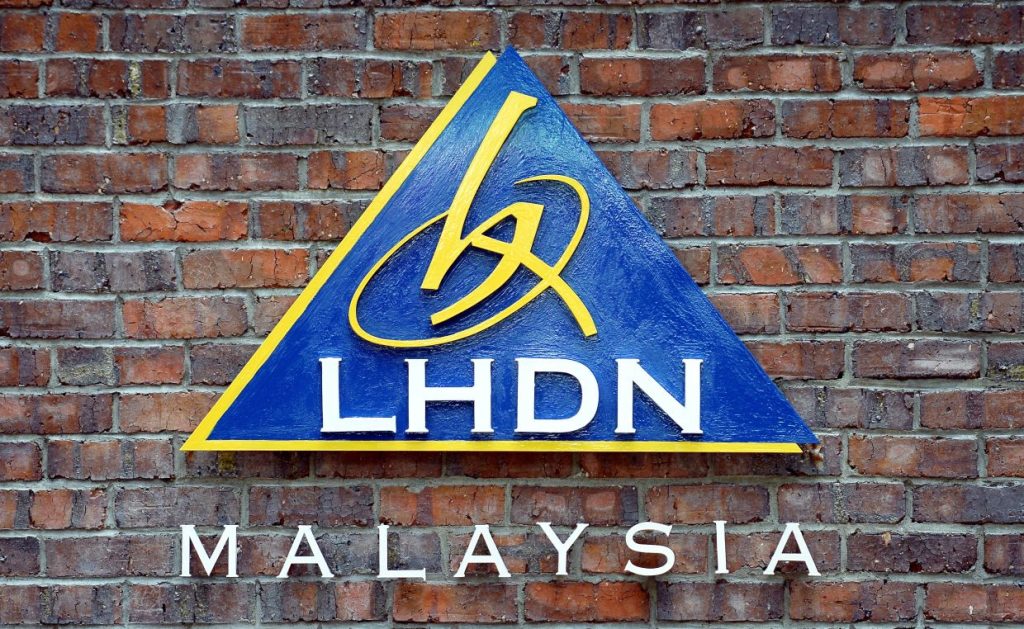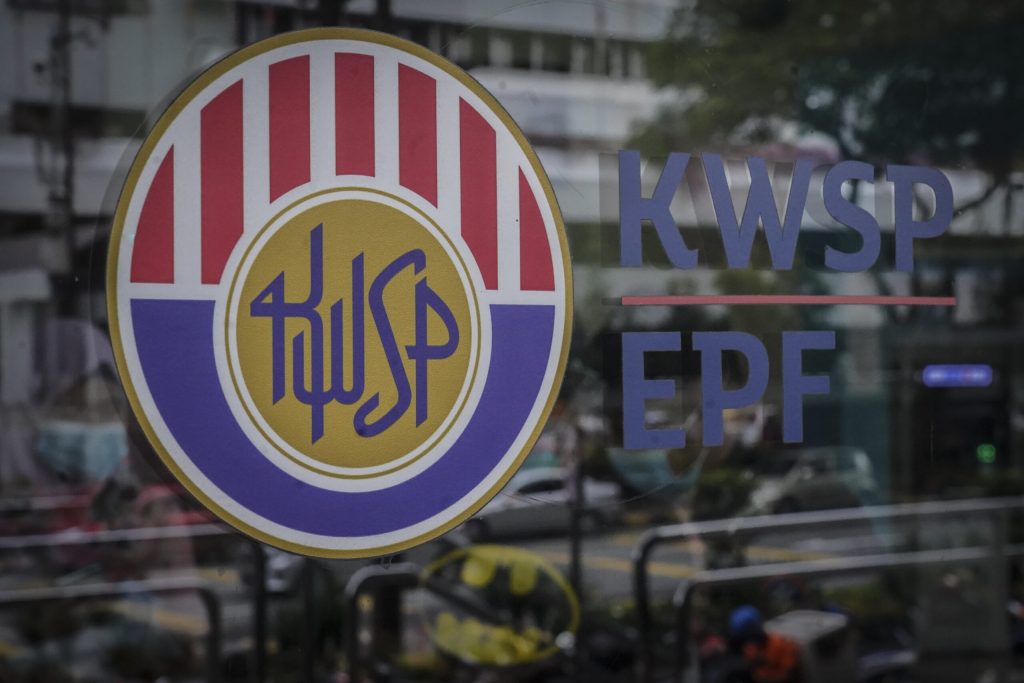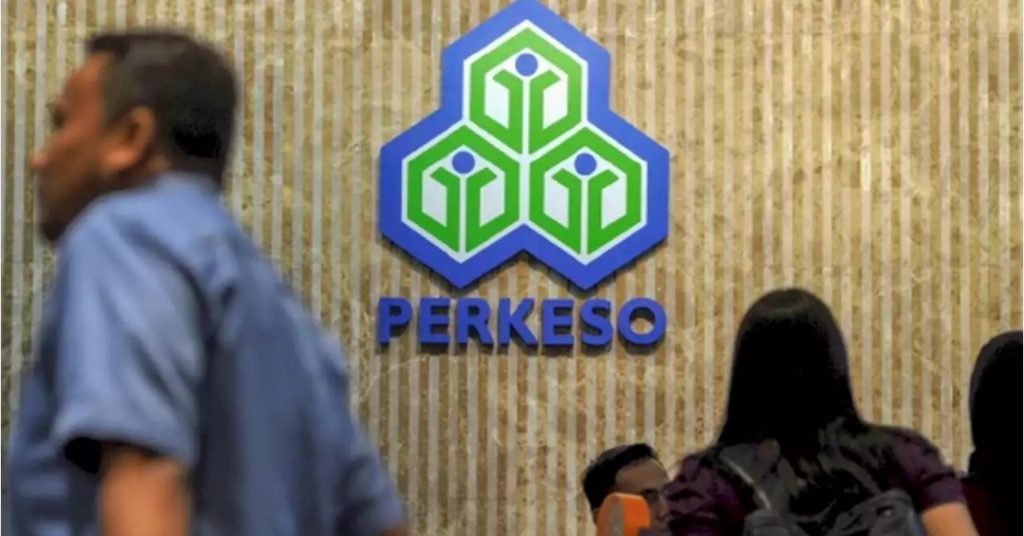
Responsibility of an employer in Malaysia
In Malaysia, an employer would have different obligations under:
1. Employment Act 1955
2. Industrial Relations Act 1967, Sarawak or Sabah Labour Ordinance
3. Employees’ Social Security Act 1969
4. Employees Provident Fund Act 1991
5. Employment Insurance System Act 2017
6. Income Tax Act 1967
7. Human Resource Development Corporation (Pembangunan Sumber Manusia Berhad Act 2001).
For employers with foreign workers and expatriates, one should also take note of the immigration law, regulations and guidelines which are updated time to time.
Who is considered to be an employer ?
Employer can be either a person or an organisation. Pursuant to Income Tax Act 1967 where:
a. Relationship of master and servant subsists, the Master;
b. If relationship does not subsists, the person who pays or is responsible for paying any remuneration to the employee who has the employment, notwithstanding that the person and the employee may be the same person acting in different capacities.
Pursuant to other relevant laws in Malaysia, when there is existence of contract of service, the relationship of employer and employee will establish. Employment Act also includes verbal contracts.
What are the responsibilities of an employer ?
An employer has several statutory obligations that are mandated by law, and it is important for us to give prominence to the following key obligations:
-
Statutory Contributions or Deductions from an employee’s gross salary
An employer falls under the jurisdiction of the Malaysian Employment Acts are legally obligated to make the following statutory deductions from each of their employees:
a. Monthly Tax Deduction (MTD) / Potongan Cukai Bulanan (PCB)

Image credit : The Star
– The calculation of the MTD depends on the residence status and taxability of the employee:
=====
How to determine which MTD / PCB to use ?
Residence status can be divided into two categories : Non Tax Resident & Tax Resident. Generally, an employee is required to be physically present in Malaysia for at least 182 days to qualify as a tax resident. You can refer to our post on Residence Status which explains 4 different types of Tax Resident in Malaysia. In respect of Year of Assessment 2022, Non-Resident Tax Rate is 30% while Tax Resident is taxed based on scale rate. In addition, tax resident is entitled to personal reliefs and rebates. You can check tax rates and more information in our Tax Guide.=====
Who is subjected to MTD or PCB ?
In terms of Taxability, generally if an employee earns a monthly salary of RM3,451 and above, he or she will be taxable under the Income Tax Act. However, do take note that the taxability can vary according to different categories of employee, for instance, if he is married with a non working spouse and few children, he will be entitled to more relief which will reduce his taxability under the Income Tax Act.=====
When is the MTD / PCB Submission and Payment Due Date ?
The due date for submission and payment of MTD / PCB is 15th of the following month. For instance, Salary for 1st January to 31st January 2023 (Wage Period), the due date for submission and payment of MTD / PCB is 15th February 2023.
b. Employees Provident Fund (EPF)

Image Credit : Relevan
=====
What is EPF ?
EPF is a Malaysian pension fund that provides retirement income. It is a pooled monetary contributions from pension plans set up by employers, unions, or other organizations to provide for their employees’ or members’ retirement benefits.
=====What is the EPF Contribution Rate?
– The statutory contribution rate for:Employee’s Status Monthly Salary Rate Stage 1
(Below 60 years old)Stage 2
(Age 60 and above)- Malaysian
- Permanent Residents (PR)
No limit – Applicable for (i) only
Employee’s contribution: 0%
Employer’s share: 4%RM5,000 and below Employee’s contribution: 11%
Employer’s contribution: 13%Applicable for (ii) only
Employee’s contribution: 5.5%
Employer’s contribution: 6.5%More than RM5,000 Employee’s contribution: 11%
Employer’s contribution: 12%Applicable for (ii) only
Employee’s contribution: 5.5%
Employer’s contribution: 6%Non-Malaysians (registered as member from 1 August 1998) [Optional]
No limit Employee’s contribution: 11%
Employer’s contribution: RM5.00Employees contribution: 5.5%
Employer’s contribution: RM5.00Both the employee and the employer may contribute more than the statutory rate if they choose to do so.
However, in accordance to Section 34(4)(a) of the Income Tax Act 1967, the maximum tax claimable / deductible in respect of Employer’s contribution for its employees is 19%. Therefore, we suggest not to contribute more than 19%.
=====Which remuneration is subject to EPF ?
“Wages” under the EPF Act 1991 refers to monetary remuneration received by an employee under his contract of service or apprenticeship. Remuneration herein refers to remuneration agreed to be paid monthly, weekly, daily or otherwise and includes any bonus, commission or allowance payable by the employer.
Remuneration that can be excluded / exempted from EPF are:-
– service charge;
– overtime payment;
– gratuity;
– retirement benefit;
– retrenchment, lay-off or termination benefits;
– any travelling allowance or the value of any travelling concession; or
– any other remuneration or payment as may be exempted by the Minister.=====
When is the EPF Submission and Payment Due Date ?
The due date for submission and payment of EPF is 15th of the following month. For instance, Salary for 1st January to 31st January 2023 (Wage Period), the due date for submission and payment of EPF is 15th February 2023.

Image Credit : Kosmoc. Employee’s contribution to Employment Insurance System (EIS)
What is EIS ?
EIS is a financial scheme aimed at helping employees who lost their jobs, mainly focuses on retrenched employees to gain some monetary funds and training to help them get back on their feet.
=====What is the EIS Contribution Rate?
– The contribution rate to the Employment Insurance System (EIS) is established at 0.4% of the employee’s assumed monthly salary, with the employer paying 0.2% while the remaining 0.2% will be deducted from the employee’s monthly salary. The maximum salary ceiling effective 1 September 2022 is RM5,000 with the maximum amount of RM9.90 for employer’s contribution and RM9.90 for employee’s contribution.If the employee aged 60 and above, EIS is exempted or not required.
=====
When is the EIS Submission and Payment Due Date ?
The due date for submission and payment of EIS is 15th of the following month. For instance, Salary for 1st January to 31st January 2023 (Wage Period), the due date for submission and payment of EIS is 15th February 2023.
d. Employee’s contribution to Social Security Organisation (SOCSO)
What is SOCSO ?
SOCSO provides social security protection in terms of cash and benefits to affected employees, especially those who were injured in their workplace, emergencies, death and occupational sickness.
=====What is the SOCSO Contribution Rate?
– The contribution rate for SOCSO consists of 1.75% from the employer’s share, with an additional 0.5% being deducted from the employee’s monthly wages. The maximum salary ceiling effective 1 September 2022 is RM5,000 with the maximum amount of RM86.65 for employer’s contribution and RM24.75 for employee’s contribution.However, for employees who have reached the age of 60, the employer is responsible for contributing 1.25% of the employee’s monthly salary, while the employees are exempt from making contributions to SOCSO. The maximum salary ceiling effective 1 September 2022 is RM5,000 with the maximum amount of RM61.90 for employer’s contribution.
=====Employment Injury Scheme
The contribution rate of 1.25% from the employer’s share only, is also applicable to foreign employees including expatriates in Malaysia. This type of social protection is named as Employment Injury Scheme and it is mandatory for any working visa application / renewal in Malaysia.
=====Which remuneration is subject to SOCSO and EIS ?
“Wages” under the SOCSO and EIS Act refer to monetary remuneration received by an employee under his contract of service or apprenticeship. Remuneration herein refers to any payment in respect of leave, holidays, overtime and extra work on holidays.
Remuneration that can be excluded / exempted from SOCSO and EIS are:-
– any contribution payable by the principal employer or the immediate employer to any pension fund or provident fund;
– any travelling allowance or the value of any travelling concession;
– any sum paid to an employee to defray special expenses incurred as a result of his employment;
– any gratuity payable on discharge or retirement;
– annual bonus; or
– any other remuneration as may be prescribed.=====
When is the SOCSO Submission and Payment Due Date ?
The due date for submission and payment of SOCSO is 15th of the following month. For instance, Salary for 1st January to 31st January 2023 (Wage Period), the due date for submission and payment of SOCSO is 15th February 2023.Detail Contribution Rates : SOCSO and EIS Contribution Table
e. Human Resource Development Levy

=====
Who is Human Resource Development Corporation (HRD Corp) ?
HRD Corp is responsible for driving Malaysia’s talent development aspirations through the collection of levy from employers and the funding of training and development programmes for the Malaysian workforce.The Key Objectives of HRD Corp are:-
1. Promote and Stimulate Manpower Training
2. Assess and Determine Employee Training with HR Needs of Industries
3. Retain and Upgrade Skills of the Employees, Apprentices and Trainees.=====
What is the HRD Levy Contribution Rate?
The statutory contribution rate :-
1. 10 or more Malaysian Employees : 1% of Total Wages (Basic Salary, Leave Pay, Fix Allowance and Arrears of Wages)2. Less than 10 Malaysian Employees : Voluntary Contribution 0.5% of Total Wages (Basic Salary, Leave Pay, Fix Allowance and Arrears of Wages)=====
Which remuneration is subject to HRD Levy ?
“Wages” under the PMSB Act 2001 refers to basic salary, fixed allowances or other emoluments of a like nature paid in cash, which includes any leave pay and arrears of wages.
Remuneration that can be excluded / exempted from HRD Levy are:-
– contribution by employer on pension fund;
– travelling allowance or the value of any travelling concession;
– sum payable to employee to defray special expenses entailed on him by nature of his employment;
– gratuity payable on discharge or retirement;
– any bonus or commission; or
– any allowances paid to an apprentice under apprenticeship contract.=====
When is the HRD Levy Submission and Payment Due Date ?
The due date for submission and payment of HRD Levy is 15th of the following month. For instance, Salary for 1st January to 31st January 2023 (Wage Period), the due date for submission and payment of HRD Levy is 15th February 2023.
-
Employer’s Tax Obligation
According to Section 83 of the Income Tax Act, employers have several tax obligations they must comply with, including:
a. Return of Employer (Form E)
– The Return of Employer (Form E) is a declaration report submitted to the Inland Revenue Board of Malaysia / Lembaga Hasil Dalam Negeri that discloses the number of employees in a company and their individual income details. Every employer has the obligation to submit the Return of Employer (Form E) along with C.P.8D by March 31st of the following year.
=====b. Statement of Remuneration (Form EA)
– Statement of Remuneration (Form EA) serves as a statement to record the total remuneration received by the employee throughout the calendar year. Every employer has the responsibility to provide Form EA to its employees not later than end of February in the following year.
=====c. Notification of new employee (Form CP22)
– Form CP22 is a notification that must be submitted to the Inland Revenue Board (IRBM) by the employer within 30 days of a new employee’s work commencement date, indicating their potential tax liability. It is only applicable to employee who is likely to be chargeable to income tax. The employer is responsible for providing the necessary information on the employee’s income and employment details.
=====d. Notification of cessation of employment or cessation by reason of death for an employee in private sector (Form CP22A)
– Form CP22A is a notice submitted by the employer to the Inland Revenue Board (IRBM) regarding the termination or death of an employee who is likely to be chargeable to tax. The employer must submit the form no later than 30 days prior to the cessation of employment or 30 days from the informed death date of the employee.The employer is also responsible for withholding any payable remuneration to the employee and not disburse them until tax clearance from IRBM is obtained. The funds can be withheld up to 90 days of the wage amount, and can be used to settle the final tax payment. In normal practice, the withheld amount is one (1) month of the salary. We would suggest the employer to withhold at least one (1) month of the salary to settle the final tax payment, if employer fails to do so and there is an additional tax payable, the IRBM has the right to direct the employer to make the payment, instead of the employee. Failure to do so, will lead to legal action being taken on the employer.
=====e. Notification of employee living Malaysia for more than 3 months (Form CP21)
– Form CP21 is required to be submitted by the employer to the Inland Revenue Board (IRBM) for employees who are likely to be chargeable to tax and are leaving Malaysia for more than three months, typically expatriates or Malaysian citizens migrating overseas. The submission deadline for Form CP21 is at least 30 days prior to the expected date of departure.The employer is also responsible for withholding any payable remuneration to the employee and not disburse them until tax clearance from IRBM is obtained. The funds can be withheld up to 90 days of the wage amount, and can be used to settle the final tax payment. In normal practice, the withheld amount is one (1) month of the salary. We would suggest the employer to withhold at least one (1) month of the salary to settle the final tax payment, if employer fails to do so and there is an additional tax payable, the IRBM has the right to direct the employer to make the payment, instead of the employee. Failure to do so, will lead to legal action being taken on the employer.
=====
ANC Group – Your Personal Tax Advisor
Tax consulting is the core service of ANC Group. Our tax professionals provide clients with comprehensive tax support and guidance. We offer tax consulting and compliance services for expatriates, entrepreneurs, and listed and non-listed companies.
Our tax consulting services include business tax, transaction tax, personal tax, and corporate income tax. We don’t just guide you in interpreting and applying complicated taxation rules, but to explore new opportunities and business trends.
We keep you abreast with Malaysia tax updates and any changes in the local regulations.
We work closely with industry specialists, authorities, and associated professionals within ANC Group to provide the best-in-class integrated tax planning solutions. ANC specialists coordinate the accounting and taxation services to bring your business to success.




